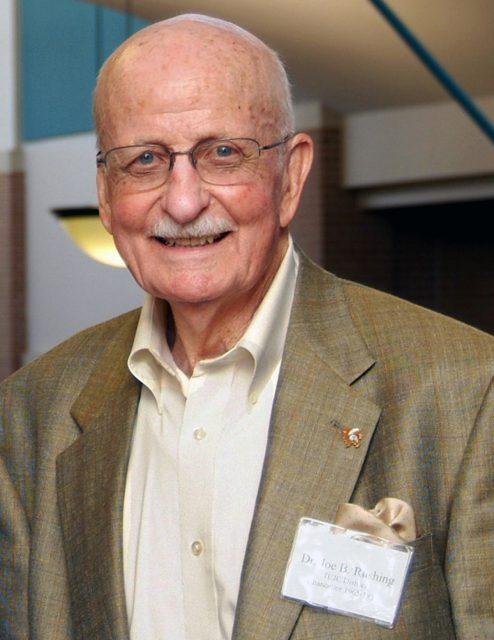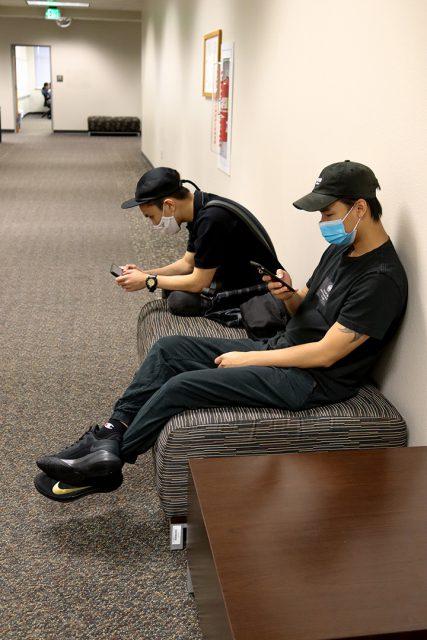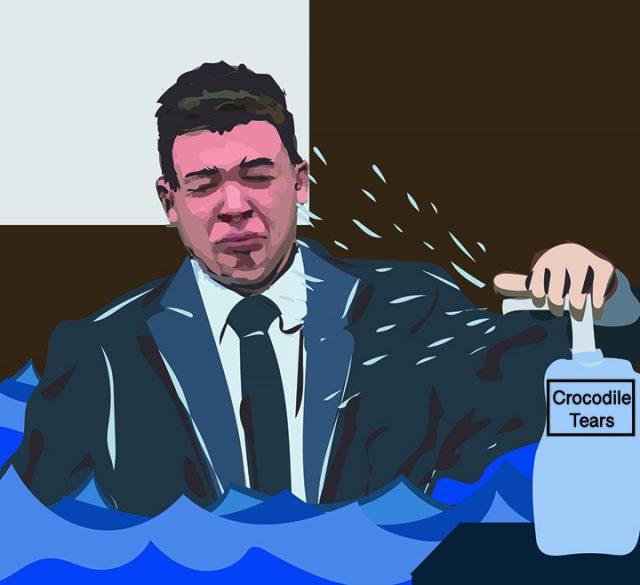Logan Evans
managing editor
We are all drawn to darkness — especially when it’s real. There’s no better example of this than the current popularity of true crime. The genre is bigger than ever, but it’s been relevant for over half a century, and the same problems have followed since its inception.
Truman Capote published “In Cold Blood’’ in 1966. A groundbreaking work of true crime storytelling, the novel recounts the murder of a Midwest family and the manhunt for their killers. It’s one of the greatest novels of the 20th century — a touching, heavy and empathetic look at human nature and the makeup of evil. It delves deeper into the mind of a killer than likely any piece of popular journalism had before. I think it’s a masterpiece, but it’s not without some controversy.
Many have accused Capote of altering details to fit his story. According to some close to the case, he manufactured dialogue to imbue his story with drama and played up certain character’s traits. I don’t believe this ruins the novel as its own work. I think it was inevitable for Capote to be rough with what was essentially a new form of storytelling, but it does expose an issue that still plagues the world of true crime — when dealing with real tragedy, things can get messy.
With the rise of online true crime content, this is more prevalent than ever. From long-form investigative stories that handle cases with upmost respect to ten-minute videos of YouTubers delivering sensationalized accounts of murder while applying makeup, there’s something for everyone. Many forms of true crime are incredibly accessible and interactive. For many, coming up with theories is part of the fun. Because of this, I think it’s easy to get swept up in the drama.
Last month, the disappearance and death of vlogger Gabby Petito spurred a frenzy of internet speculation. While some of this was helpful in filling out clues police might have missed, many theories were characterized by an unhealthy glee. It seemed as if many theorizers were more excited to be an open case than they were about doing any real good.
This must have been terrible for anyone close to her to read.
I don’t actually believe there’s anything wrong with speculating on cold cases if properly informed, but I do think “web sleuthing” — positioning yourself as an armchair investigator — can be harmful to current, ongoing cases.
In 2014, a woman named Elisa Lam was found dead in the water tank of the Cecil Hotel in Los Angeles. A portion of web sleuths pinned her death on musician Pablo Vergara based on zero credible information. The harassment that followed nearly ruined the man’s life.
I am a true crime fan. I believe at its best, the genre is a powerful form of narrative journalism that can inform, entertain and make change. But fans of the genre must remember that real people exist at the heart of these stories.




































